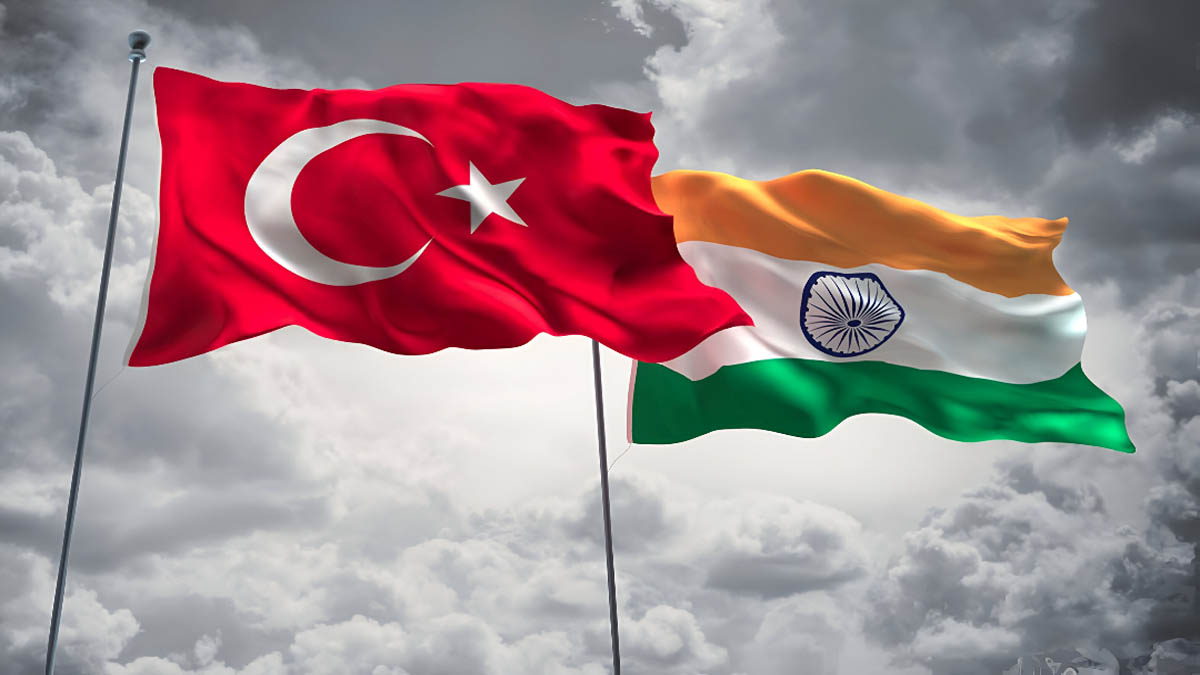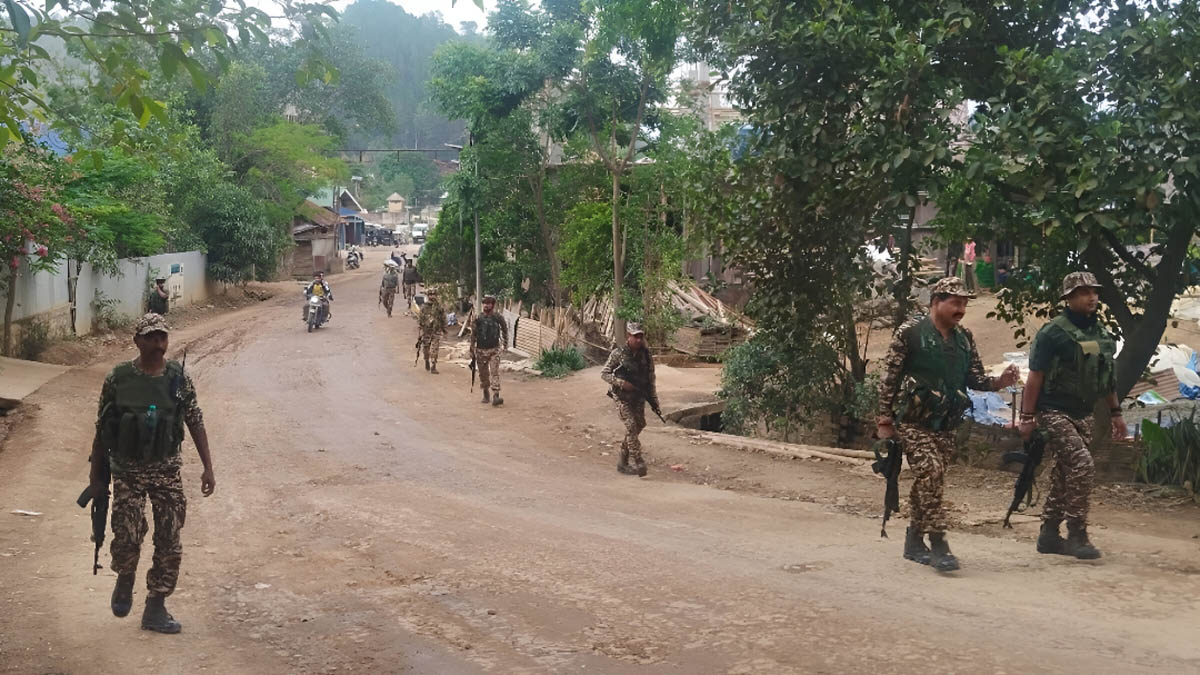Now Reading: India to Re-Assess Billion-Dollar Turkish Deals Amidst Geopolitical Tensions
-
01
India to Re-Assess Billion-Dollar Turkish Deals Amidst Geopolitical Tensions
India to Re-Assess Billion-Dollar Turkish Deals Amidst Geopolitical Tensions

India is reportedly set to undertake a comprehensive reassessment of its multi-billion dollar infrastructure deals involving Turkish companies, signaling a potential shift in economic ties amidst growing geopolitical tensions. This move comes in the wake of Turkey’s increasingly vocal support for Pakistan, particularly its criticism of India’s recent counter-terrorism strikes following the deadly Pahalgam attack in Kashmir.
Sources within the Indian government indicate that several major projects, ranging from ambitious tunnel constructions in Jammu and Kashmir to metro rail developments in Delhi and other urban centers, which have seen the participation of Turkish construction and engineering firms, will now be under closer scrutiny. The reassessment will likely involve evaluating the strategic implications, potential security concerns, and the long-term viability of these partnerships in light of the evolving diplomatic landscape.
The current strain in relations escalated after Turkey, along with Azerbaijan, openly condemned India’s “Operation Sindoor,” a military response to the terror attack in Pahalgam that claimed the lives of 26 individuals. Furthermore, intelligence reports suggesting Pakistan’s use of Turkish-manufactured Asisguard Songar drones in attempts to target Indian military installations have added another layer of concern for New Delhi.
This geopolitical friction has already manifested in other sectors. Online travel platforms in India have issued advisories urging citizens to avoid non-essential travel to Turkey and Azerbaijan, and Indian traders have begun boycotting Turkish products like apples and marble. Calls for stricter economic measures, including potential sanctions and suspension of civil aviation links, have also been voiced by influential domestic bodies.
While the exact scale and nature of Turkish involvement in Indian infrastructure projects are being compiled, it is understood that several Turkish companies have secured significant contracts in recent years, leveraging their expertise in large-scale construction and engineering. These projects are crucial for India’s infrastructure development push, aimed at enhancing connectivity and boosting economic growth.
India’s trade relations with Turkey, while not extensive compared to its overall global trade, still hold significance. During April-February 2024-25, India’s exports to Turkey amounted to $5.2 billion, while imports stood at $2.84 billion, resulting in a trade surplus for India. Key Indian exports include mineral fuels, electrical equipment, and auto parts, while imports from Turkey include marble, fresh apples, and mineral oil. A bilateral trade agreement between the two countries dates back to 1973, with a Joint Commission for Economic and Technical Cooperation established in 1983.
However, the recent political developments appear to be overriding these economic considerations. India has begun actively strengthening its ties with regional rivals of Turkey, such as Greece, Armenia, and Cyprus, while also deepening its strategic partnerships with Saudi Arabia and the UAE. These diplomatic maneuvers are seen as a way to counter Turkey’s attempts to internationalize the Kashmir issue and limit its regional influence.
The reassessment of Turkish deals could potentially lead to delays in ongoing projects or even the cancellation of future collaborations. It remains to be seen how India will balance its infrastructure development needs with its national security and foreign policy objectives in this evolving scenario. The government is expected to weigh the economic costs against the strategic imperatives as it navigates this complex geopolitical landscape.
This situation underscores the delicate interplay between economic partnerships and international relations, highlighting how geopolitical shifts can have significant ramifications on bilateral trade and investment flows, especially in strategically important sectors like infrastructure.










